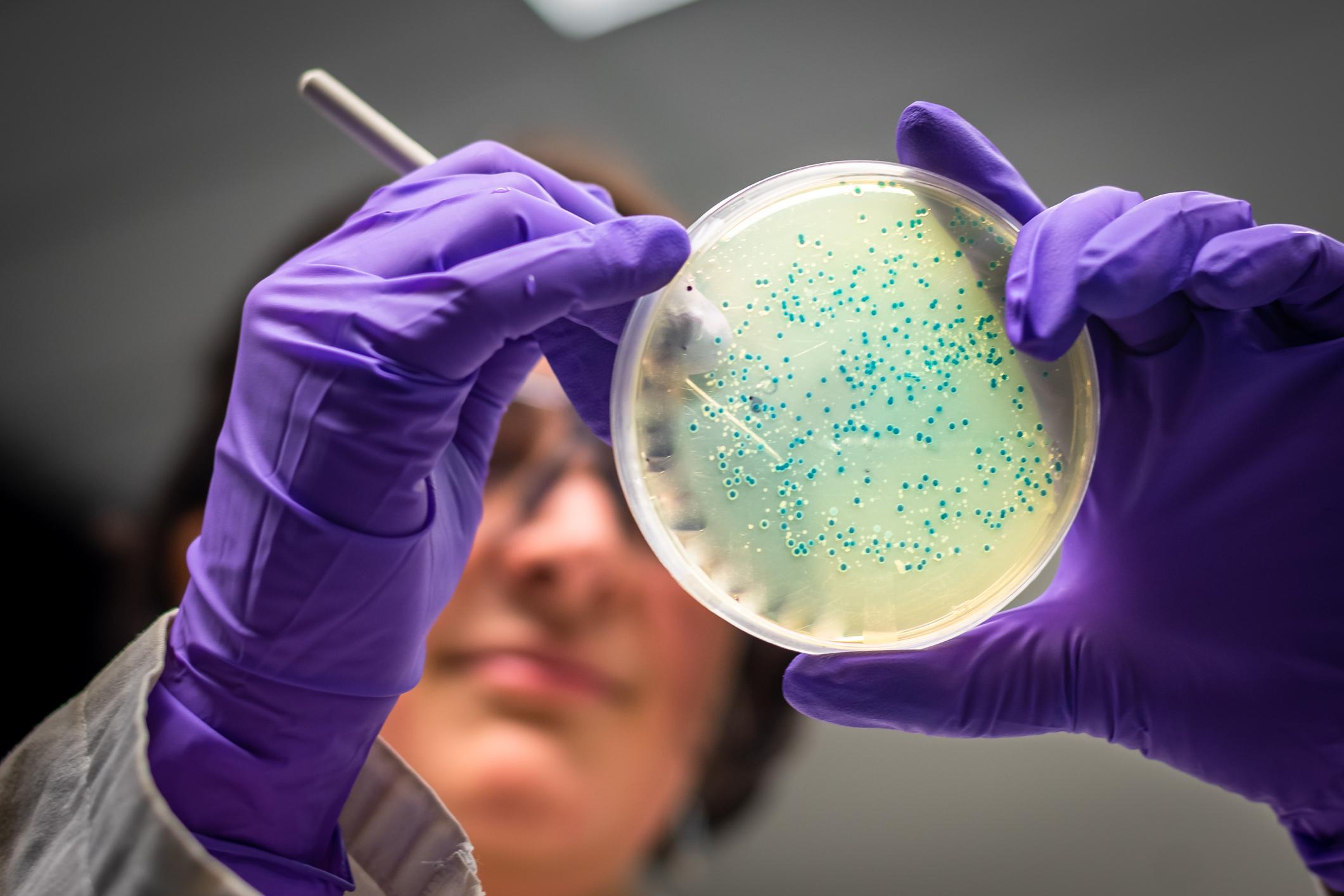The effectiveness of immunotherapies against cancer is reduced by the use of antibiotics, due to their action on the composition of the intestinal flora.

This is an important result. By making it possible to treat metastatic cancers that had hitherto failed treatment, new immunotherapies (checkpoint inhibitors) have revolutionized the drug management of cancer. Unfortunately, the response rate to these treatments remains quite low overall: from 20 to 30% depending on the indications.
However, two studies published in the journal Science have just confirmed that the intestinal flora plays a major role in the effectiveness of immunotherapies. The first one is French and was led by the team of Prof. Laurence Zitvogel, at the Institut Gustave Roussy. It shows a negative impact of antibiotics on the survival of patients treated with immunotherapy for advanced cancer of the lung, kidney or bladder.
Negative impact of antibiotics
“The results of the study show that by creating an imbalance in the gut microbiota, taking antibiotics two months before and up to one month after the start of treatment has a negative impact on the progression-free survival of the disease. disease and the overall survival of patients ”, explain the authors, in a Inserm press release. This was the case for 28% of the patients.
By sequencing the intestinal microbiota of responder patients, the researchers identified a different composition, enriched in particular with Akkermansia muciniphila, a bacterium already known for its favorable effects on obesity. Reinjected into diseased mice, the flora of these patients made it possible to increase the effectiveness of immunotherapies, by helping to activate certain immune cells (for reasons still poorly understood).
Fecal transplantation in cancer
“Our work partly explains why some patients do not respond”, summarizes Dr. Bertrand Routy, hematologist at IGR and first author of the study. “Taking antibiotics has a negative impact on the survival of patients undergoing immunotherapy, and the composition of the microbiota is a predictor of success. “
These findings are confirmed by the second study, conducted at the MD Anderson Cancer Center in Houston, Texas, which shows that the composition of the microbiota of patients influences their response to immunotherapy in metastatic melanoma.
All these results offer the prospect of improving response rates to short-term immunotherapies, by controlling the use of antibiotics and by manipulating the intestinal flora, in particular by fecal transplantation.
.

















